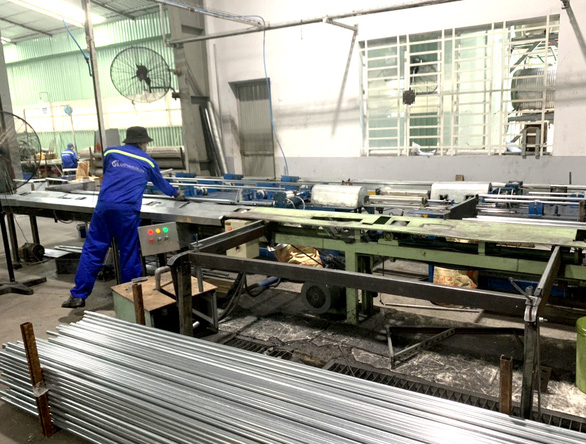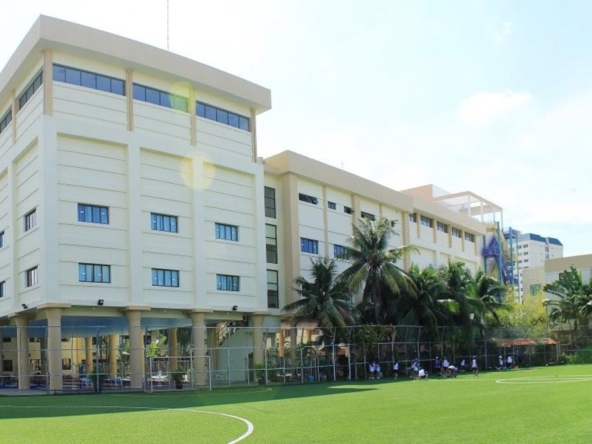This year's overall performance of the economy will depend on the government's capacity for COVID-19 containment in September

An increase in foreign direct investment commitment in Vietnam last month despite the raging pandemic has suggested foreign investors’ continued confidence in the Southeast Asian country’s economic potential, the World Bank (WB) has commented.
The WB made the statement in the latest Vietnam Macro Monitoring report released on Wednesday.
Over the first eight months of this year, FDI commitment reached a total of US$14 billion, only two percent lower than the same period in 2020, while disbursement reached $11.7 billion, a year-on-year increase of two percent, the WB stated.
In August alone, the FDI commitment amounted to $2.4 billion, a 65 percent rise compared to a month earlier.
The higher FDI commitment, which was driven by newly registered capital flowing into the processing and manufacturing industry, has reflected foreign investors’ sustained confidence in Vietnam’s economy in the medium and long term, the WB commented.
FDI disbursement in August fell 14.3 percent from the previous month and 12.2 percent year on year because of the lockdown in many major economic centers.
The industrial production index last month dropped 4.2 percent month on month and 7.4 percent from a year earlier, as social distancing measures disrupted manufacturing activities.
Nevertheless, this decline was not as abrupt as the fall during the COVID-19 outbreak in April 2020.
Many processing and manufacturing centers in northern Vietnam have registered double-digit growth rates while sharp output reduction was seen in southern provinces, where many factories shut down due to the COVID-19 impacts.
Meanwhile, retail sales continued to deteriorate in August, slipping 10.5 percent from July and 33.7 percent year on year.
The past eight months saw export turnover shrink 5.7 percent and import value grow 21.1 percent, leading to a trade deficit of $3.5 billion compared to the $13.7 billion surplus a year ago.
The overall performance of the national economy this year will chiefly depend on whether the Vietnamese government can effectively cope with the current COVID-19 outbreak in September to create a base for economic recovery in the last quarter, the bank said.
“Priority should be given to speeding up the vaccination campaign to cover at least 70 percent of the adult population,” the WB advised in the report.
The government should boost domestic demand in the short term by accelerating the disbursement of the public investment programs and providing further income support to affected households seriously affected by the pandemic.
At the same time, it is necessary to support businesses, especially small-scale ones, to promote economic activities and generate jobs.
Since the pandemic hit the country in early 2020, Vietnam has documented 656,129 COVID-19 cases, including 423,551 recoveries and 16,425 deaths, which is equivalent to 2.5 percent of the tally of patients, or 0.4 percentage points higher than the global mortality rate, the Ministry of Health reported.
Except Cao Bang, the coronavirus has spread to 62 out of the country’s 63 cities and provinces, with Ho Chi Minh City topping the list with 321,343 infections and 12,768 fatalities.







